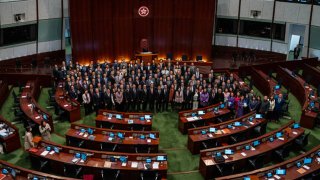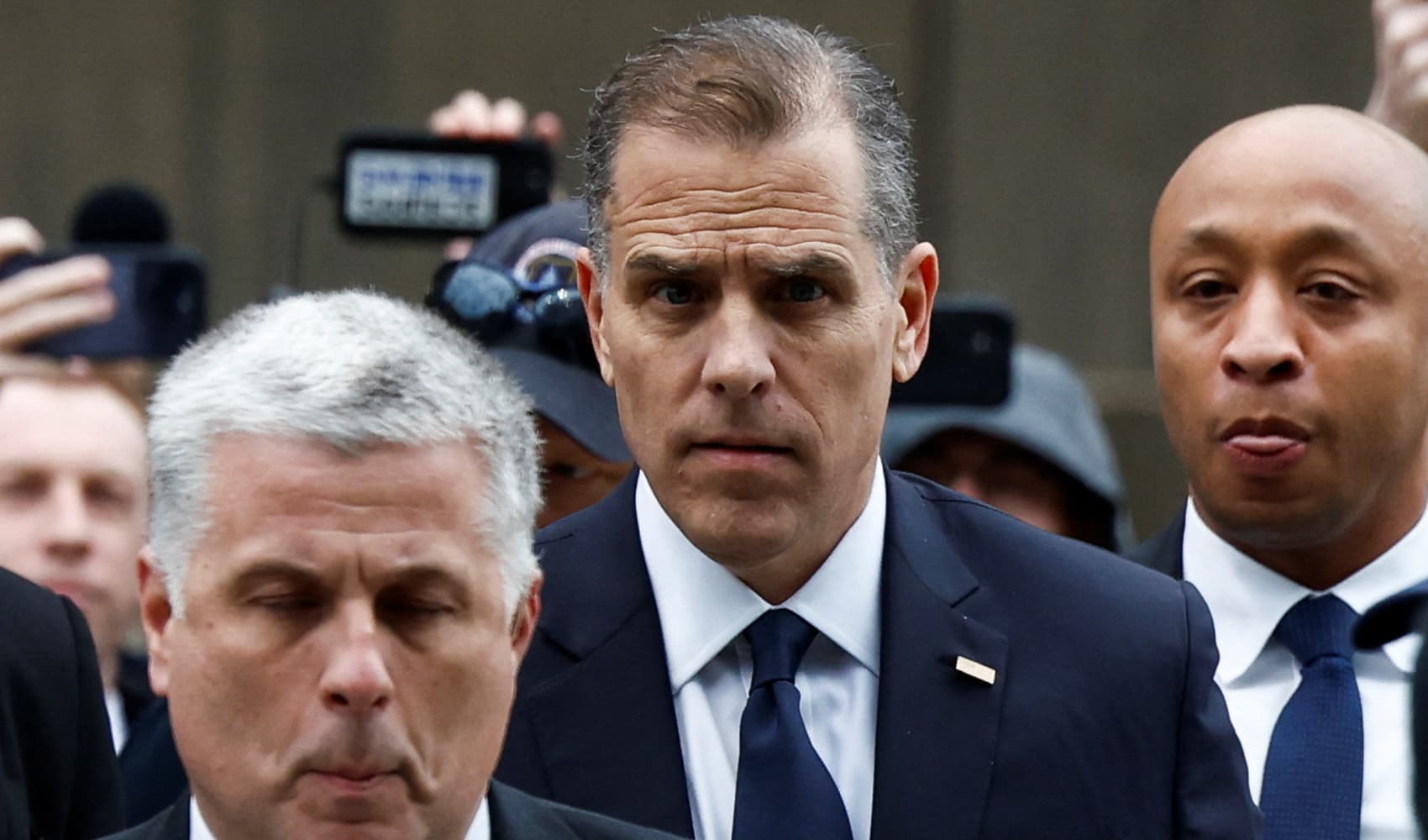
- "It was then deliberated on, amended, and passed within 11 days — a record time in Hong Kong's legislative history," Eurasia Group analyst said.
- The law dictated strict punishment in the form of life imprisonment for crimes such as treason and insurrection.
Hong Kong's new national security bill that seeks to "prevent, suppress and punish espionage activities" has left analysts divided on its social and economic ramifications.
Lawmakers in Hong Kong passed the Safeguarding National Security Bill, which has been under scrutiny for provisions such as life imprisonment for 'treason' and 'insurrection,' in a special session on Tuesday.
Dominic Chiu, senior analyst at China & Northeast Asia at Eurasia Group said the urgency with which the bill was passed was "highly unusual" and meant that it was aimed to curtail the risk of a prolonged debate that could potentially lead to international opposition.
Get Tri-state area news and weather forecasts to your inbox. Sign up for NBC New York newsletters.
Hong Kong's Legislative Council had introduced the bill known as Article 23 on March 8, and Chief Executive John Lee had urged the need to pass the law "as soon as possible" given an "increasingly complex" geopolitics backdrop.
Chiu highlighted that the bill was deliberated on, amended, and passed within 11 days — a record time in Hong Kong's legislative history.
Some industry observers, however, expect the stringent rules to be good for business.
Money Report
"Passing the bill would help improve the long term stability and competitiveness of the business environment in Hong Kong," William Ma, chief investment officer at GROW Investment Group told CNBC, adding it could strengthen Hong Kong as a financial hub by bringing in more global capital.
Dickie Wong, executive director of research at Kingston Securities said that from a local government's point of view the new law in Hong Kong could also potentially attract investment by "creating a more secure business environment."
Wong, however, said some foreign investors could take a more cautious approach toward Hong Kong as they may have concerns regarding the law's impact on the city's autonomy.
Who is affected?
In late February, the U.S. State Department expressed concerns about Hong Kong's security law, and how it could be used to "eliminate dissent through the fear of arrest and detention."
The security law in Hong Kong follows Beijing's controversial national security law imposed in 2020 aimed at prohibiting secession, subversion of state power, terrorism activities and foreign interference.
"From a public security perspective the law aligns Hong Kong more closely to that of mainland China and accelerates Hong Kong's integration with China," Jiang Zhang, head of equities at investment firm First Plus Asset Management told CNBC, referring to Hong Kong's new national security law.
Eurasia Group's Chiu said U.S. government-funded news outlet, Radio Free Asia, could become a top target and could withdraw its operations from Hong Kong soon following the laws enactment.
He also noted that other media outlets, non-governmental organizations, dissidents and human rights organizations overseas "that are involved in the lobbying of foreign governments to take punitive action against the Hong Kong government" could also be potential targets.
— CNBC's Lee Ying Shan, Chery Kang and Yolande Chee contributed to this story






